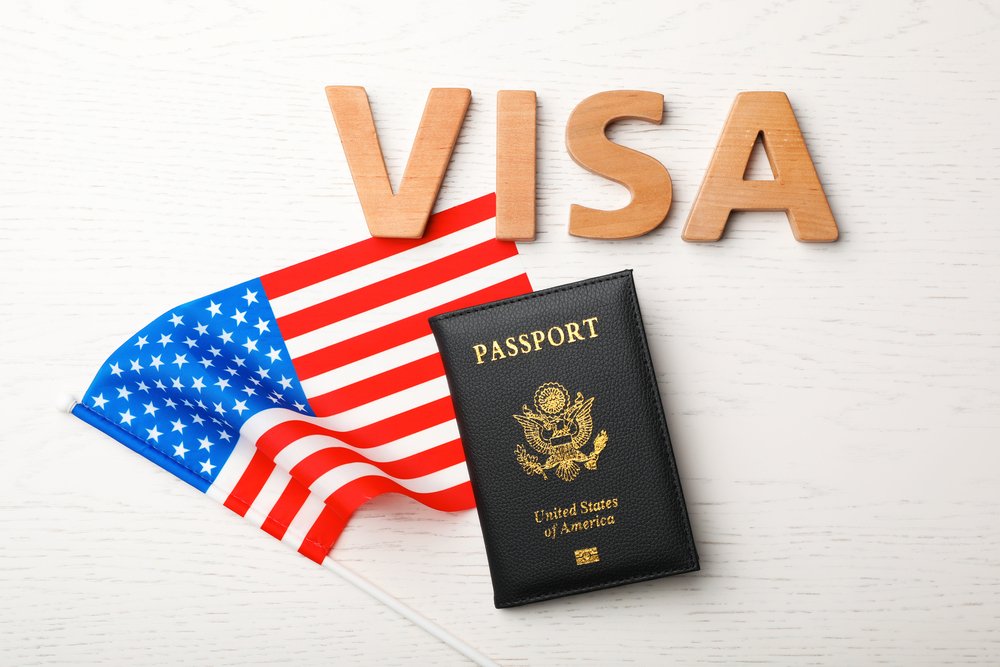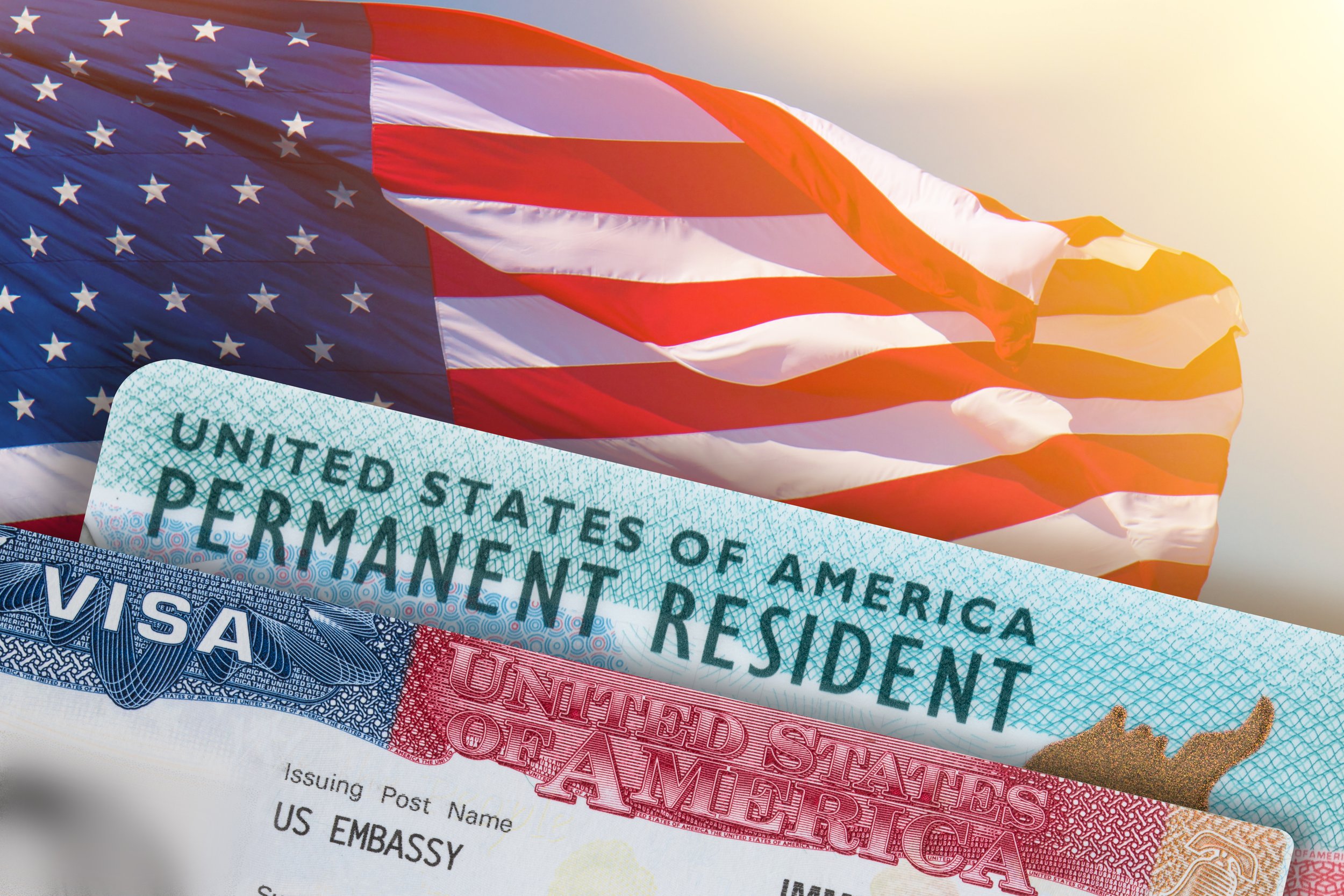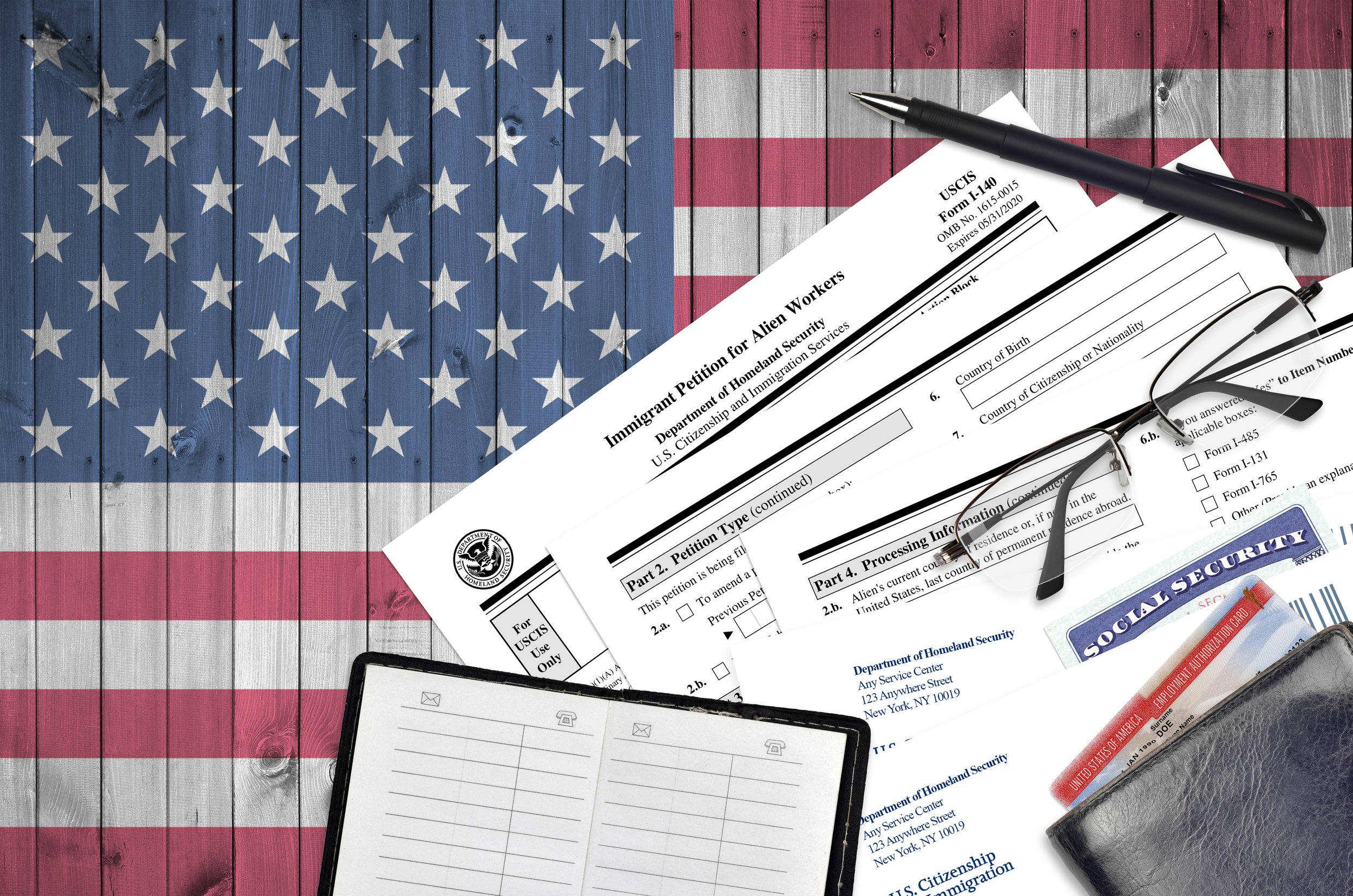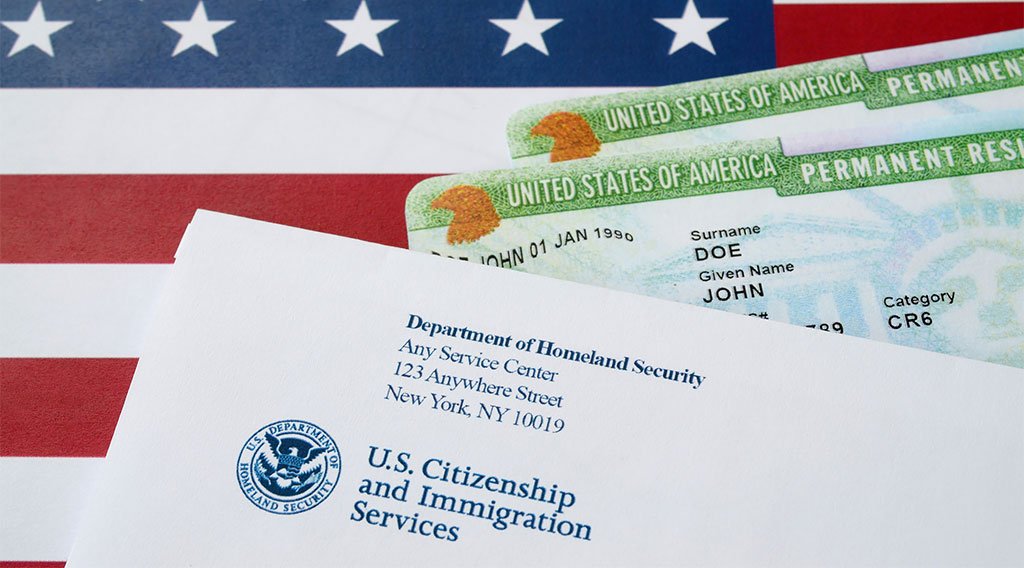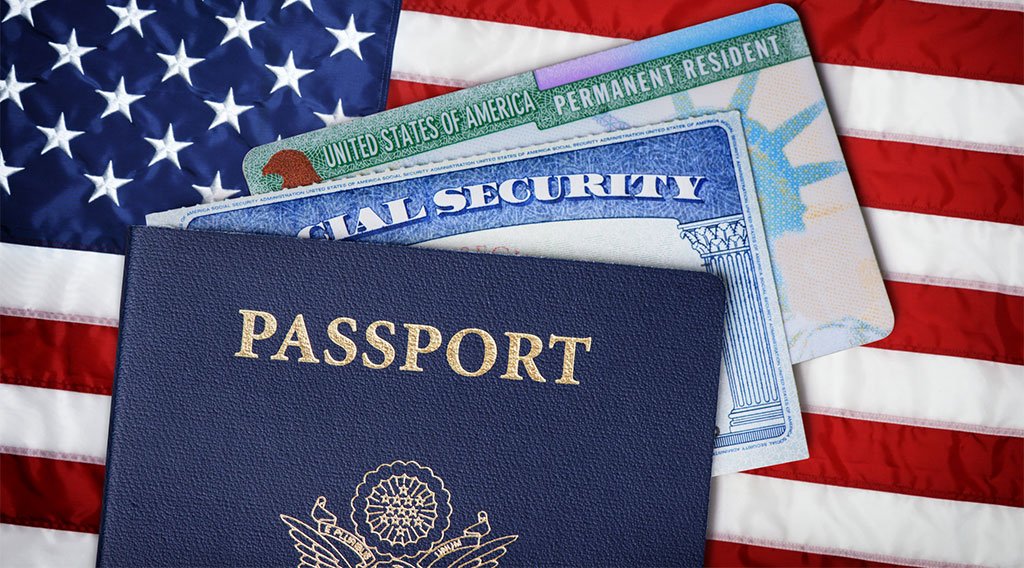The O-1 Visa is a unique and special opportunity for people with extraordinary skills worldwide. It's like a golden ticket for those who are good at what they do, whether in arts, sports, business, education, or science. This visa allows these talented individuals to live and work in the United States, showing their amazing skills and contributing to different fields. It's not just any visa; it's a special pass for those who stand out in their expertise.
Getting an O-1 Visa is like being part of an exclusive club. To be considered, you must show that you are outstanding in your field. This means you should have received major awards or other big achievements, proving you're at the top of your game. It's like having a trophy shelf full of your best work. You could be a top scientist with groundbreaking research, a brilliant artist with famous artwork, or a business leader with innovative ideas. This visa is for people who have done something extraordinary in their careers.
But it's not just about what you've done. You must also show how to bring your unique talents to the United States. This could mean working on important projects, collaborating with American experts, or sharing your skills in ways that help others. The government wants to see that by having you in the country, you'll make a positive difference. If you've done amazing things and can bring your talents to the U.S., the O-1 Visa could be your chance to shine even brighter.
Eligibility Criteria for the O-1 Visa
To be eligible for the O-1 Visa, you must prove that you're good at what you do. This means showing that you have a high level of skill in your field, which is way above what most people can do. Think of it like being one of the best players on a sports team or a star performer in a play. You need to stand out as someone special.
One way to show this is through awards or recognition. If you've won big awards or have been recognized for your work, it can help your case. It's like having a badge that says, "I'm really good at what I do." For example, if you're a scientist, you may have won a prestigious prize for your research. Or if you're an artist, your work has been displayed in famous galleries. These kinds of achievements can make a big difference.
Another important thing is to have people who can vouch for you. These should be experts or well-known people in your field who can say, "Yes, this person is amazing at what they do." They can write letters explaining why you're so good and deserve the O-1 Visa. It's like having a teacher or coach recommendation but on a much bigger scale.
Also, you must show that you will keep doing great things in the United States. This could mean planning important projects or work that will use your special skills. The idea is to show that by letting you into the country, you'll contribute something valuable. It's like saying, "If you give me this chance, I'll do amazing work here."
Benefits of the O-1 Visa
The O-1 Visa comes with many advantages for those recognized for their exceptional skills. One of the brightest perks is the opportunity to work in the U.S., a hub for many industries. Here, visa holders can connect with top professionals, access cutting-edge technology, and engage with innovative projects that might not be available elsewhere. This exposure can be invaluable for professional development and career advancement.
Another benefit is that the O-1 Visa does not bind you to a single employer. Visa holders can work on various projects across the country, providing professional freedom not often found in other visa categories. This is especially beneficial for freelancers and consultants in creative or tech fields, where flexibility is key.
Unlike many other work visas, the O-1 has no annual cap. This means there is no limit to the number of individuals who can be granted this status each year, offering a consistent opportunity for those who qualify. Additionally, the O-1 Visa is valid for up to three years with the possibility of unlimited extensions in one-year increments. If your work continues, so can you stay in the U.S.
For those who plan to bring their families, the O-1 Visa is family-friendly. Spouses and children under 21 can come to the U.S. on an O-3 visa. While they can't work, they can attend school or college, which offers a chance for families to stay together and for children to receive an American education.
One less talked about but equally significant benefit is the potential pathway to permanent residency. For those who hold an O-1 Visa, transitioning to a green card is often smoother than for other non-immigrant visa holders, especially if they continue to show extraordinary ability in their field.
Application Process for the O-1 Visa
Applying for an O-1 Visa requires careful planning and attention to detail. The first step in this meticulous process is securing a sponsor in the United States. This sponsor, an employer or an agent, initiates the application by filing a Form I-129, Petition for a Nonimmigrant Worker, with the United States Citizenship and Immigration Services (USCIS). This form is the foundation of the application, laying out why the individual qualifies as an alien of extraordinary ability.
A robust package of evidence must accompany the petition. This includes documents like awards, notable achievements, publications, and letters from esteemed peers or organizations that confirm the applicant's extraordinary status in their field. The evidence should paint a clear picture of the applicant's remarkable skills and the recognition they have received for their work.
Once USCIS approves the petition, the next step for the applicant is to apply for the O-1 Visa at a U.S. Embassy or Consulate. This process includes filling out visa application forms and scheduling an interview. During the interview, applicants must articulate their intention to work in the U.S. in their expert capacity and demonstrate how their presence will benefit their field of endeavor in the country.
The USCIS scrutinizes the O-1 Visa applications closely, ensuring that only individuals with exceptional abilities are approved. Therefore, applicants must be thorough in preparing their petitions and persuasive in their interviews. A successful application means the applicant can enter the U.S. and work within their area of expertise, often leading to significant professional and personal opportunities.
The application process for the O-1 Visa is a path that demands excellence and thorough preparation. Each step, from securing a sponsor to gathering evidence and acing the interview, must be handled with the utmost care and professionalism. This visa is not just a permit to enter and work in the U.S.; it's a recognition of an individual's significant contributions to their field and a nod to their potential impact on the American industry and culture. For those who successfully navigate this rigorous process, the O-1 Visa is a gateway to new horizons in their professional journey.
Tips for a Successful O-1 Visa Application
For a successful O-1 Visa application, it's important to approach the process with a strategy that highlights your extraordinary abilities. First and foremost, you need a comprehensive collection of documents. This isn't just about gathering pieces of paper; it's about creating a portfolio that showcases your achievements. Think of it as a gallery of your work, where each item tells a story of success and expertise. Include awards, critical reviews, and letters from industry leaders that vouch for your talent and describe the significance of your contributions to your field.
A crucial tip is to have detailed letters of recommendation. These letters should come from experts or notable individuals in your area of expertise who can speak to your abilities. These mustn't be just generic endorsements; they should provide specific examples of your work and its impact.
Another key aspect is ensuring your sponsor or agent is fully prepared and on board. They should understand your qualifications and be ready to articulate why you deserve the O-1 Visa. Their support can be a defining factor in the success of your application.
Your resume or curriculum vitae should be more than a list of jobs and education. It should highlight significant roles and projects, emphasizing leadership, innovation, and contributions that set you apart. Think of it as a map that leads the reviewer through your journey of excellence.
In preparing for the interview, practice articulating your achievements and explaining your work's relevance to your field. This isn't just a conversation; it's an opportunity to bring your portfolio to life, telling the story of your professional journey and why it matters.
Maintaining O-1 Visa Status
Maintaining your O-1 Visa status is as vital as obtaining it. Once you have this visa, it's your responsibility to ensure that all activities you undertake are in line with the terms of your visa status. This means engaging in work that is directly related to your area of extraordinary ability. For example, if you are a celebrated scientist, your work in the U.S. should be within scientific research or a related field that reflects your expertise.
It's important to remember that the O-1 Visa is tied to the employer or agent who sponsored your petition. If you wish to change jobs or take on additional work, a new I-129 petition must be approved, reflecting these changes. It's much like updating your records when you move to a new house; you want to ensure all information is current and correct.It's also smart to record all your professional activities, including engagements, projects, or performances, as they may be needed for future extensions or immigration benefits. This record-keeping is akin to keeping a diary of your professional life; it helps to chronicle your contributions and growth in your field.
Achieve Your American Dream with Fraser Immigration Law, PLLC
Ready to take your extraordinary abilities to the U.S.? Fraser Immigration Law, PLLC is your trusted partner in navigating the complex waters of employment-based visa applications. Based in Miami FL, Fraser Immigration Law PLLC is a top-rated U.S. Immigration Law Firm specialized in Employment-Based Visas and Green Card applications for Entrepreneurs, Investors, Professional Athletes, Olympians, Researchers and Scientists, Next-Generation Technology, and other Elite Professionals across a wide range of fields. The firm provides strategic immigration representation and superior service to individuals and corporations across the United States and in a number of international jurisdictions.




